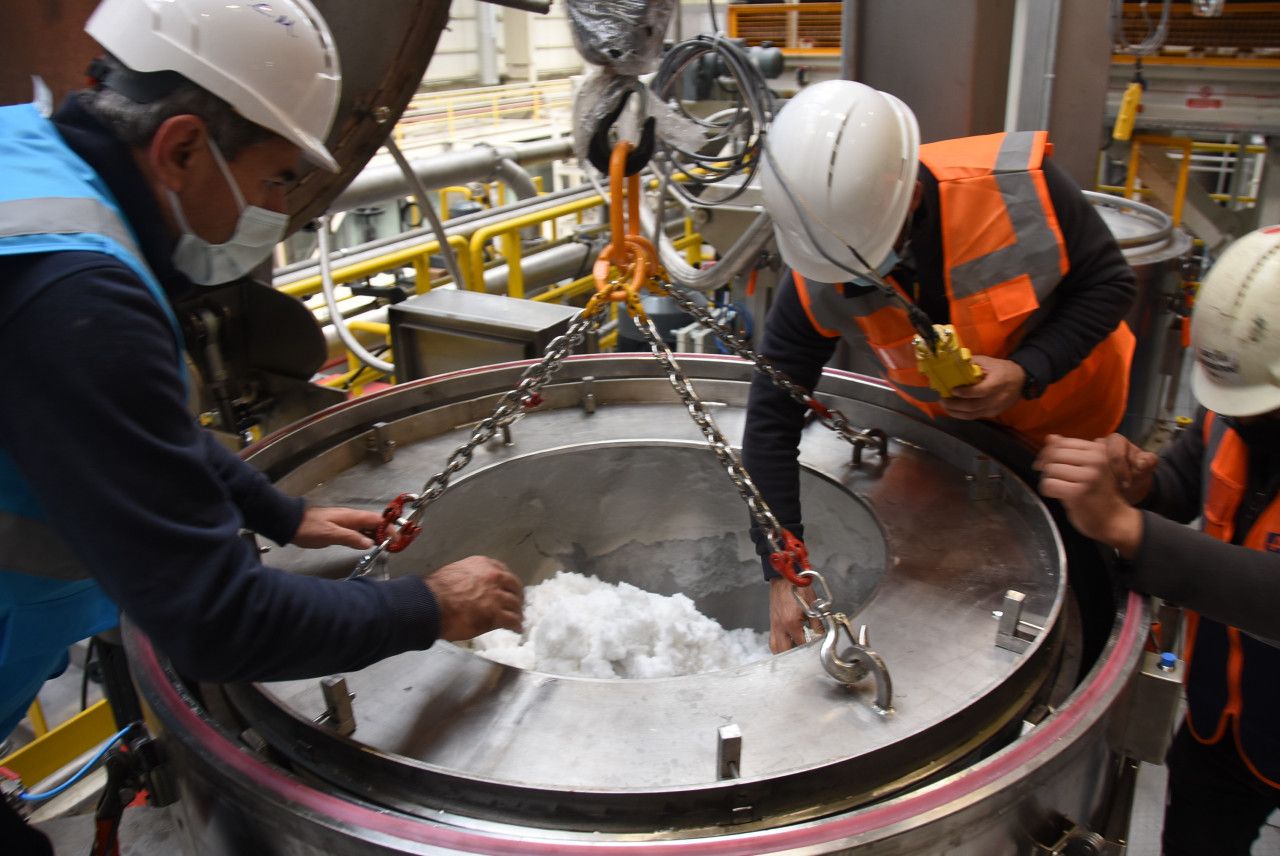Lithium carbonate is an inorganic compound form of carbonate with the formula Li₂CO₃. This white salt is widely preferred in the metal oxidation process. It is considered the most important medicine needed in a basic health system for the treatment of Bipolar disorder. It is on the World Health Organization’s list of essential medicines.
Lithium carbonate is naturally present in the mineral zabuyelite. It was discovered in 1987 in Lake Zabuye, Tibet. But it is an extremely rare substance. Fortunately, it is quite easy to get from substances such as lithium chloride, which are easier to find and it is mainly available in mineral spills and lakes in Chile and Argentina. Carbonate first attracted the attention of Swedish chemist Johan August Arfwedson along with other lithium compounds discovered in 1817.
Uses of Lithium Carbonate
The use of lithium carbonate is surprisingly high for a substance not well-known. Its presence on the cathode is important in solid-state carbon dioxide detectors, which cause an electrochemical reaction if there is gas. Pyrotechnics have been used in fireworks since their discovery because lithium salts are known to burn with a bright red flame. Lithium carbonate plays an important role in ceramics and glass.
Small amounts of lithium carbonate are used as an additive to lower the melting point of silica, especially the glass that will be put in the furnace. In lacquers that give ceramics color and shine, lithium carbonate is not used as a direct colorant, but increases the viability of other compounds, especially iron oxide. This versatile compound is added to adhesives and cements to reduce curing time.
Although lithium cobalt oxide is usually used as a lithium compound in the positive electrodes of the lithium ion batteries that make up the power of our portable devices, this compound is produced from carbonate. The process is conducted by grinding lithium carbonate and cobalt carbonate together at 900 0C for around 60 hours. Lower temperature functioning methods are also being developed.
The most contrary application of lithium carbonate is its use for bipolar disorder (manic depressive disorder). Lithium carbonate has also been used to treat a range of diseases, from gout to rheumatism and headaches, first to be prescribed, taking its place on pharmacy shelves three decades after its discovery. There is little good evidence to support many of these uses, but its first use is in folk medicine with a scientific appearance.







